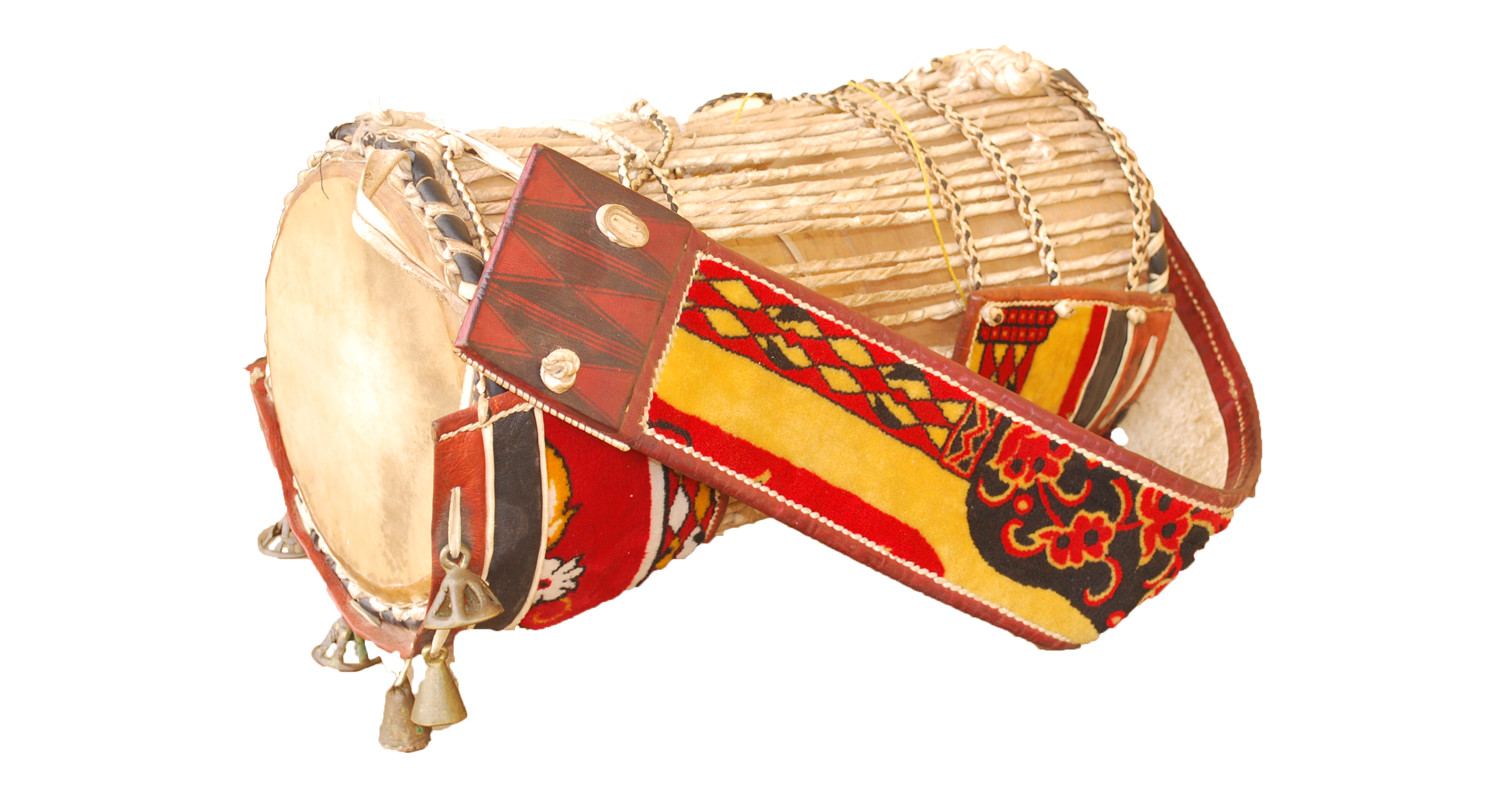Sakara Drum on:
[Wikipedia]
[Google]
[Amazon]

 The Sakara drum is one of the four major families of Yoruba drums of
The Sakara drum is one of the four major families of Yoruba drums of

 The Sakara drum is one of the four major families of Yoruba drums of
The Sakara drum is one of the four major families of Yoruba drums of Nigeria
Nigeria, officially the Federal Republic of Nigeria, is a country in West Africa. It is situated between the Sahel to the north and the Gulf of Guinea in the Atlantic Ocean to the south. It covers an area of . With Demographics of Nigeria, ...
. The other families are the Dundun/Gangan or talking drum
The talking drum is an hourglass-shaped drum from West Africa, which can be used as a form of speech surrogacy by regulating its pitch and rhythm to mimic the tone and prosody of human speech. It has two drumheads connected by leather t ...
, the Batá drum
The Batá drum is a double-headed hourglass drum with one end larger than the other. The percussion instrument is still used for its original purpose as it is one of the most important drums in the Yoruba land and used for traditional and relig ...
and the Gbedu
Gbedu literally means "big drum" and is a percussion instrument traditionally used in ceremonial Yoruba music in Nigeria and Benin.
More recently, the word has come to be used to describe forms of Nigerian Afrobeats music.
Tradition
The Gbedu dr ...
drum.
Each family includes drums of different sizes, with the mother drum (iya ilu) playing the lead role and other drums playing in support.
The Sakara is also made and used by the Hausa people
The Hausa (Endonym, autonyms for singular: Bahaushe (male, m), Bahaushiya (female, f); plural: Hausawa and general: Hausa; exonyms: Ausa; Ajami script, Ajami: ) are a native ethnic group in West Africa. They speak the Hausa language, which is the ...
of northern Nigeria.
The Sakara is a shallow drum with a circular body made with baked clay.
The clay shell is perhaps ten inches in diameter and one and a half inches deep, sloping inward funnel-wise towards the back. The skin is secured to the shell with twine and tuned using pegs spaced around its body.
The men use goat skin to make the heads of these drums, or for the largest drum may use cow or antelope skin.
The fingers of one hand change the tone of the drum, while the drummer hits the face of the drum with a stick.
When several sakara drums are played together, the iya ilu is the main voice, and dictates the pace and rhythmic style.
The fixed pitch omele ako and omele abo drums talk rhythmically, and the smaller and higher-toned omele "chord" drum adds flavour by playing varied pitches.
The Yoruba have traditionally used Sakara drums for a variety of purposes. They are played during Yoruba wedding ceremonies. The Wéré music was traditionally played using Sakara drums to call Muslims to feast and prayer during Ramadan
Ramadan is the ninth month of the Islamic calendar. It is observed by Muslims worldwide as a month of fasting (''Fasting in Islam, sawm''), communal prayer (salah), reflection, and community. It is also the month in which the Quran is believed ...
.
Fuji music
Fújì is a genre of Yoruba popular music that emerged in Nigeria in the 1960s. It evolved from the improvisational wéré music also known as ajísari (meaning "waking up for sari", performed to awaken Muslims before dawn during the fasting s ...
grew from this musical form.
The Sakara drum and the solemn-sounding Goje
The goje (the Hausa language, Hausa name for the instrument) is one of the many names for a variety of one or one-stringed fiddles from West Africa, played by groups such as the Yoruba people, Yoruba in Sakara music and west African groups that ...
violin are used in Sakara music
Sakara music is a form of popular Nigerian music based in the traditions of Yoruba music.
It mostly in the form of praise songs, that uses only traditional Yoruba instruments such as the solemn-sounding goje violin, and the small round sakara ...
, popularized by Yusuf Olatunji
Yusuf Olatunji, also known as Baba Legba or Baba L’Egbaa ( – 1978), was a Nigerian Sakara drum player, who popularized the sakara music style.
He was purportedly born in 1905 or 1906 in a village called Gbegbinlawo in Ogun State in south-wes ...
, which overlays the nasalized, melismatic vocals of Islamic music on the traditional percussion instruments.
References
External links
* Nigerian musical instruments Yoruba musical instruments African drums Drums {{Africa-music-stub